Our group is interested in molecular basics of energy transduction. We concentrate on mitochondrial energy dissipating systems (uncoupling proteins – UCPs, alternative oxidases – AOXs, mitochondrial potassium channels) and their role in mitochondria under physiological and pathological conditions. We study the activity of UCPs and AOXs in different eukaryotic organisms (from unicellular microorganisms to plants and mammals), the role of UCPs in inflammation and circulatory diseases, mitochondrial potassium channels in cytoprotection, and changes in mitochondrial function due to endurance training. On the other hand, we focus on anhydrobiosis as a cytoprotective and anti-aging strategy. In particular, we are interested in the role of mitochondria in tardigrade anhydrobiosis. We are also interested in the role of VDAC channel in adaptation to environment. Moreover, we perform research on mitochondrial markers in progression of neurodegenerative diseases as well as mitochondrial causes of infertility in men.
Publication in PubMed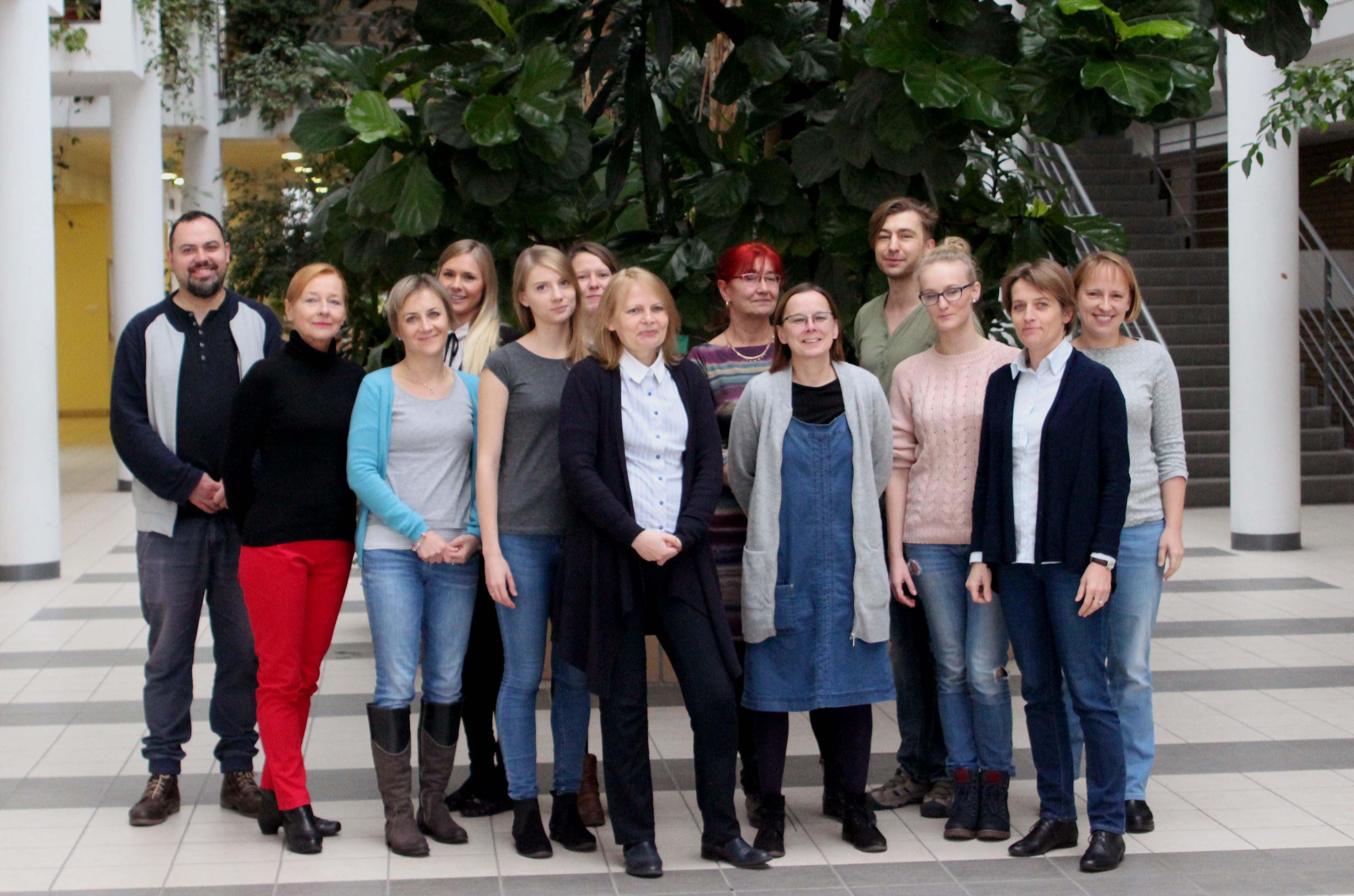
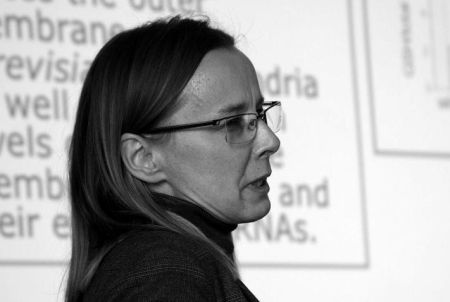
Hanna Kmita
prof. dr hab.head of Department
mitochondria-mediated cytoprotection and cytotoxicity; anhydrobiosis as anti-aging strategy; the role of VDAC in adaptation to habitat conditionskmita@amu.edu.pl
61 829 59 02
Wiesława Jarmuszkiewicz
prof. dr hab.Cellular oxidative metabolism; regulation of activity and physiological role of mitochondrial energy-dissipating pathways, i.e., uncoupling proteins, alternative oxidases and potassium channels in various groups of eukaryotes; mitochondria and endurance training; mitochondria and endothelial cell dysfunction; coenzyme Q and oxidative stress
wiesiaj@amu.edu.pl
61 829 58 81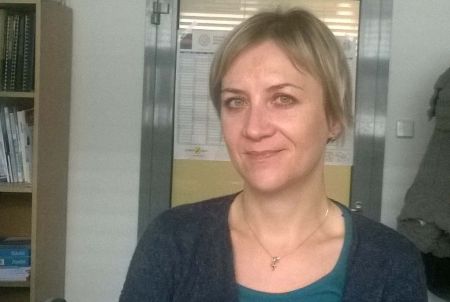
Nina Antos-Krzemińska
dr hab., prof UAMEnergy dissipating systems in mitochondria – alternative dehydrogenases NAD(P)H, uncoupling proteins, alternative oxidase
ninax@amu.edu.pl
61 829 59 01
Andrzej Woyda-Płoszczyca
dr hab.the role of mitochondrial nucleoside-diphosphate kinase (mNDPK) in regulation of proton leak mediated by uncoupling protein (UCP) and ADP/ATP carrier (AAC)
awoy@amu.edu.pl
61 829 59 01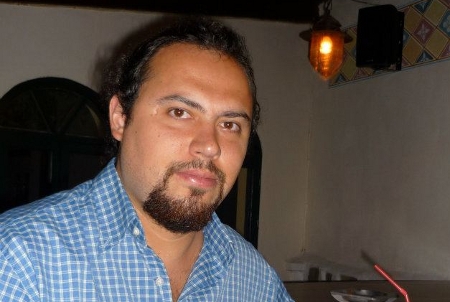
Andonis Karachitos
drthe role of VDAC3 in male infertility, impact of human VDAC isoforms on mitochondria functioning, VDAC interaction with cytoprotective and cytotoxic factors, heterologous expression of the mitochondrial outer membrane channels, fluorescence-based imaging of mitochondrial functional state in active and anhydrobiotic tardigrades
andonis@amu.edu.pl
61 829 59 01
Małgorzata Wojtkowska
dr hab.evolutionary and functional aspects of the mitochondrial protein import machinery, the role of mitochondria in Parkinson disease
woytek@amu.edu.pl
61 829 59 02
Anna Kicińska
drmitochondrial potassium channels
anias@amu.edu.pl
61 829 5901
Milena Roszkowska
PhD Studentmitochondrial markers of successful tardigrade anhydrobiosis: metabolomic approach
mr17357@amu.edu.pl
61 829 58 82
Karolina Dominiak
PhD StudentThe interplay between mitochondrial reactive oxygen species formation and coenzyme Q reduction level
karogr@amu.edu.pl
829 58 76
Martyna Baranek
PhD StudentFunctional analysis of human VDAC paralogues
martyna.baranek@amu.edu.pl
61 829 58 82
Amit Kumar Nagwani
PhD Studentanhydrobiosis as an anti-aging strategy: testing of the „Sleeping Beauty” and “Picture of Dorian Gray” models with tardigrades
aminag@amu.edu.pl
61 829 58 82
Wojciech Grabiński
PhD StudentFunctional analysis of yeast VDAC paralogues
wojciech.grabinskie@amu.edu.pl
61 829 58 82
Tomasz Bartylak
PhD StudentMetabolic basis of tardigrades resistance to potassium cyanide
tomasz.bartylak@amu.edu.pl
61 829 58 82

Adrianna Budzińska
PhD Student
Krzysztof Wójcicki
PhD Student
Danuta Drachal-Chrul
techniciantechnician
dandra@amu.edu.pl
61 829 58 75
Wioletta Nobik
techniciantechnician
wiolan@amu.edu.pl
61 829 58 76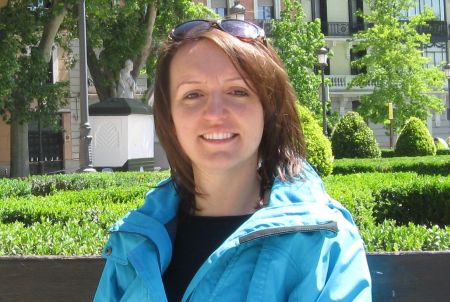
Ewa Kosicka
drThe yeast system in studies of channel proteins
ewatom@amu.edu.pl
tel. 61 829 5876



